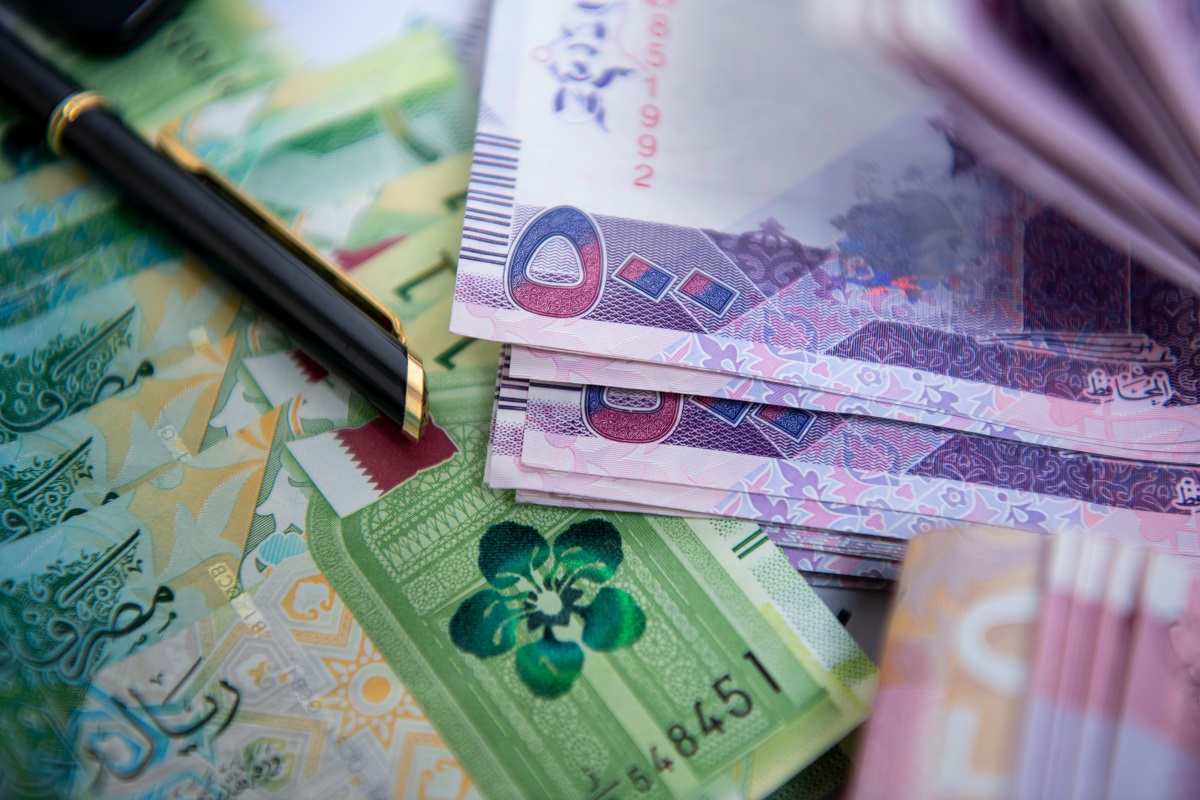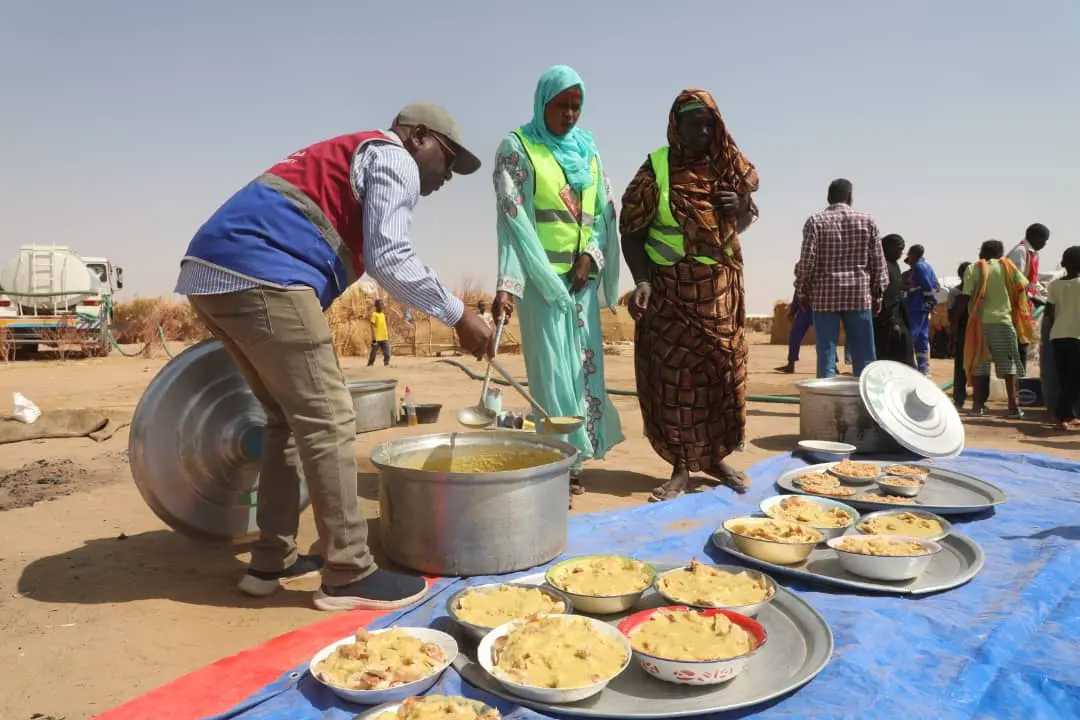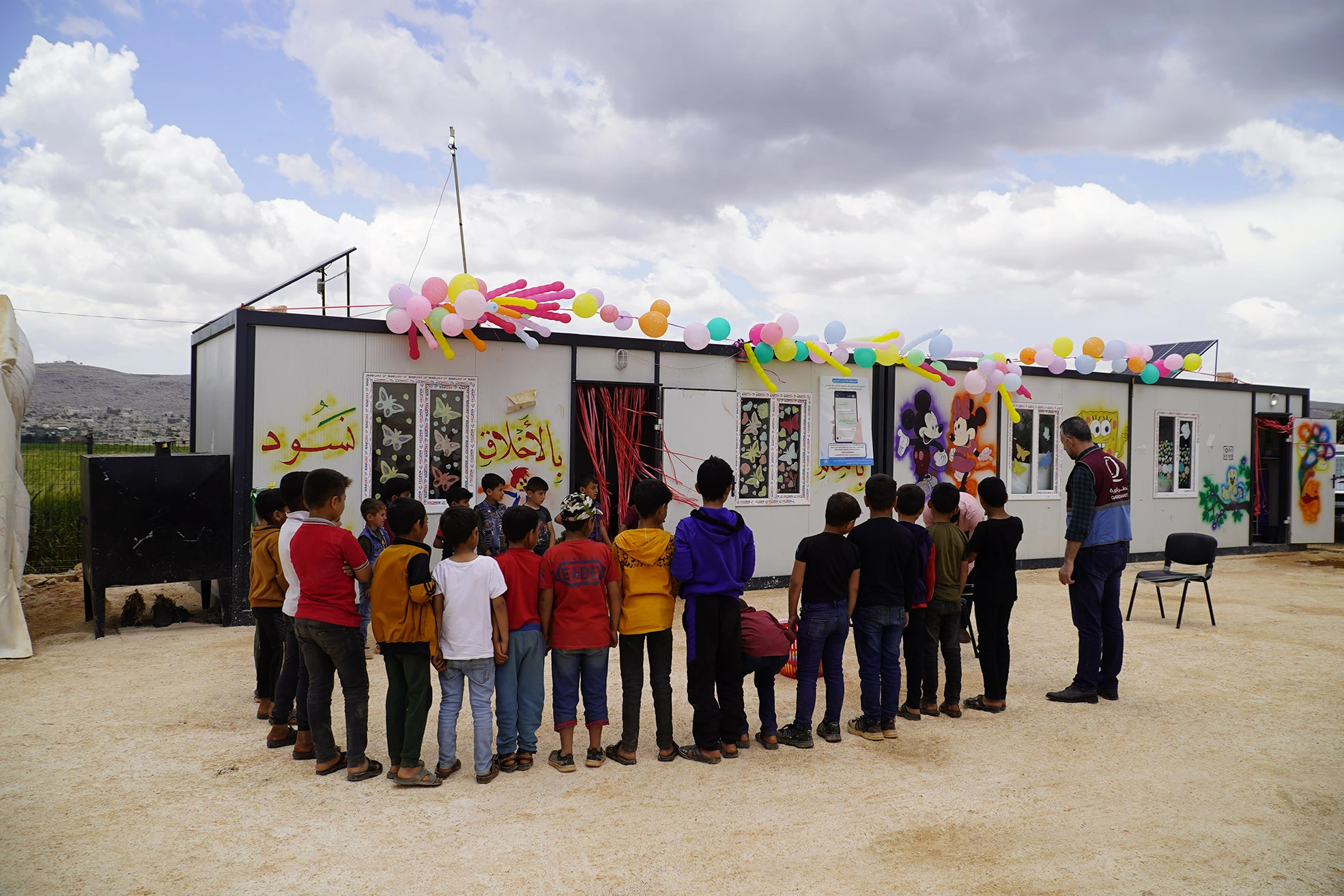Allah Almighty specifies himself the 8 categories for the distribution of Zakat, saying: “Zakāh expenditures are only for the poor and for the needy and for those employed for it and for bringing hearts together [for Islām] and for freeing captives [or slaves] and for those in debt and for the cause of Allāh and for the [stranded] traveler- an obligation [imposed] by Allāh. And Allāh is Knowing and Wise.” [Surah At-Tawbah – 60] So no one can add or pay out to any category of recipients, other than those specified in the above-mentioned verse. This article briefly explains each of these eight categories.
This Article Sheds Light On The Following
- 1ST and 2nd Categories: the poor and needy
- 3rd Category: Zakat administrators
- 4th Category: Those whose hearts have been recently reconciled, new Muslims
- 5th Category: Those in bondage, who have been enslaved
- 6th Category: Those in debt
- 7th Category: In the cause of Allah
- 8th category: The traveler, including refugees
1ST and 2nd Categories: the poor and needy
The poor and needy are listed among the first of these eight categories of Zakat, who either have nothing or something to meet their needs.
Ash-Shirbini described the poor saying they are those who neither has nor earn money to meet their needs for food, clothing, housing, and so on, whereby sustaining a suitable standard of living for themselves and their dependents, without being extravagant or stingy.
He also described the needy in Mughni al-Muhtaaj saying they are those who earn money in a permissible way enough to meet some of their needs for food, clothing, housing, and so on, whereby sustaining a suitable standard of living for themselves and their dependents, regardless of whether what is earned reaches nisab or not. An example of this is to get 7-8k while actual need is 10k.
3rd Category: Zakat administrators
Zakat administrators are those who collect Zakat. They are eligible for Zakat even if they are rich, not only poor.
Sheikh Ibn Baz, may Allah have mercy on him, said: “The workers employed to collect the Zakah are those appointed to collect it and travel all over the land to reach the towns and sources of water around which people live. They collect, preserve and administer the Zakah funds. They should be given wages in proportion to their effort according to the discretion of the leader.”
4th Category: Those whose hearts have been recently reconciled, new Muslims
This category includes those who have embraced Islam recently. They are eligible for Zakat to reconcile their hearts. Most scholars are of the view that those are among the categories of Zakat recipients, while there is disagreement among some.
5th Category: Those in bondage, who have been enslaved
Zakat recipients of this category includes the following Muslims:
- Slaves whose freedom is conditional on payment;
- Those who are held in slavery;
- Prisoners.
6th Category: Those in debt
This category includes the debtor who is unable to pay off their debts. If the debtor needs to pay off their debt, they are eligible for Zakat.
Likewise, if the debtor has nothing and capable of working and earning a living at the same time, they are still eligible for Zakat. Only if they are rich and capable of paying off their debt, they are not eligible for Zakat.
The debtor should not be empty-handed to be eligible for Zakat. According to scholars, having housing, clothing, bedding, utensils, and other necessities should not preclude the debtor from being eligible for Zakat to pay off their debt.
7th Category: In the cause of Allah
This involves paying Zakat to those performing jihad for the sake of Allah, and equipping them with whatever is needed for that.
8th category: The traveler, including refugees
This category includes the traveler who is cut off from everything and have no money. An-Nawawi, may Allah have mercy on him, said in Al-Majmu’ Sharh al-Muhaddhab: The traveler is called Ibn As-Sabeel, i.e., the son of the road due to being attached to the road just like the child is attached to their mother. Such a traveler should be given from zakat funds what is enough to help them return home, even if they are rich in their own country.








